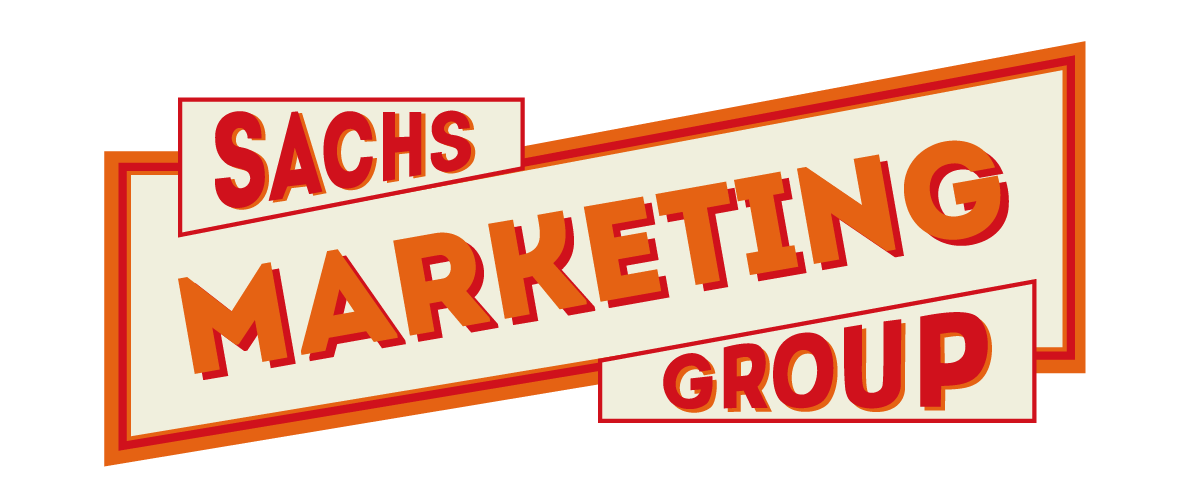Blockchain is changing digital marketing by enhancing transparency and security in transactions. It enables more reliable customer verification, preventing fraud in advertising. Blockchain facilitates decentralized data management, giving users more control over their personal information. This shift could lead to more honest and efficient marketing practices, with potential for innovations in customer loyalty programs and targeted advertising.
In the last 10 years, we’ve seen marketing undergo quite a change. Thanks to the blockchain, it’s about to go through yet another revolution. Most of us associate digital marketing with things such as analytics and artificial intelligence. As such, the blockchain may be the most destructive technology to hit marketers in every industry. Let’s take a closer look at how the blockchain is changing digital marketing and who stands to benefit.
The blockchain enables transactions to occur between two parties without the need for any kind of third-party verification. Most of the current uses for the blockchain have been centered around cryptocurrencies and finance, but the underlying technology could also have huge implications for marketing.
Analytics and artificial intelligence have benefited businesses more than consumers, but the blockchain may help level the playing field by giving the power of data back to the consumers themselves.
Consumers Take the Reigns
One of the greatest and perhaps most terrifying for marketers parts of the blockchain is that it gives the value of data back to consumers. Until now, many companies have benefited from being able to gather data from their customers. Everywhere we look, there’s a retailer who wants our email address, phone number, an address to make a circle purchase in-store or online.
While it’s true it helps the consumer in some ways because it allows for more personalized marketing, it is rather invasive. Many companies are selling the personal information they gather, too.
The blockchain is removing a company’s ability to pull data from customers without also offering to reimburse them for its value. The Brave Browser, for instance, is changing how users interact with online advertising. Instead of being bombarded with online ads, Brave users receive basic attention tokens (BATs) for the ads they interact with. It’s a new way of viewing advertising by trading the value of attention online rather than trading the space for ad sales.
Blockstack uses blockchain to protect your digital rights which creates a new type of network for decentralized apps. In the past customers would provide their to use certain applications in the data would remain on the application server out of the consumer’s hands. With Blockstack however, consumer data stays with it. It acts as a key to unlock certain apps but returns to the user as soon as they are finished using it.
Those of us in the marketing business may not like the concept because it’s going back to square one in the sense that you must rely on customers to give you the information you want and need to serve them better. While it’s not necessarily the best news for digital marketing, it is a necessary step in terms of providing better consumer protection.
Authentication and Transparency
In the past, people would shop online and hope that they were buying what was being marketing to them. Where the items really organic? Where they actually made an affair trade environment? Or was it manufactured with child labor in a sweatshop?
With the blockchain, consumers can finally get the answers to these questions and more. Using the power of the blockchain, companies are able to verify exactly where an item was grown or manufactured, what kinds of soil the items were grown in or how much the workers were paid to work there. This is huge in the era of consumers caring not just about the quality of what they’re buying but the integrity of the company supplying it.
Improved Ad-Spend
IBM and Unilever are on their way to clarifying the confusing area of online ad spend. As part of their project, the blockchain creates a trusted and verified chain from the ad dollar all the way to the end-user. In the past, nearly $0.85 / advertising dollar made its way to the publisher. Today, that number is just $0.40 largely as a result of the intermediaries that are used in the process. You know ever has already saved tens of millions of dollars as a result of the project.
While it has helped you Unilever save money, it could put sons of companies that have built themselves up based on verifying add metrics out of business. Blockchain is changing digital marketing in a highly destructive way, potentially wiping out an entire generation of companies built on its very existence.
The real impact of the blockchain in digital marketing is not just in the new use cases being developed. It’s and how those use cases will impact the entire systems that have been created as a way to manage the digital Marketplace. At a time when digital marketing seems to be growing and changing by the moment, blockchain is changing digital marketing in disruptive and maybe even irreversible ways.
Introducing new technology means there are a ton of fear and doubt. With the blockchain, there are plenty of things to be scared of, but once it becomes more mainstream, there is no doubt there will be incredible ways to work with it. When smartphones first became a thing, we didn’t have location-based marketing or mobile apps. We can expect to see a lot of unforeseen Innovation that will happen with the black thing just as it has happened with other new technologies.
